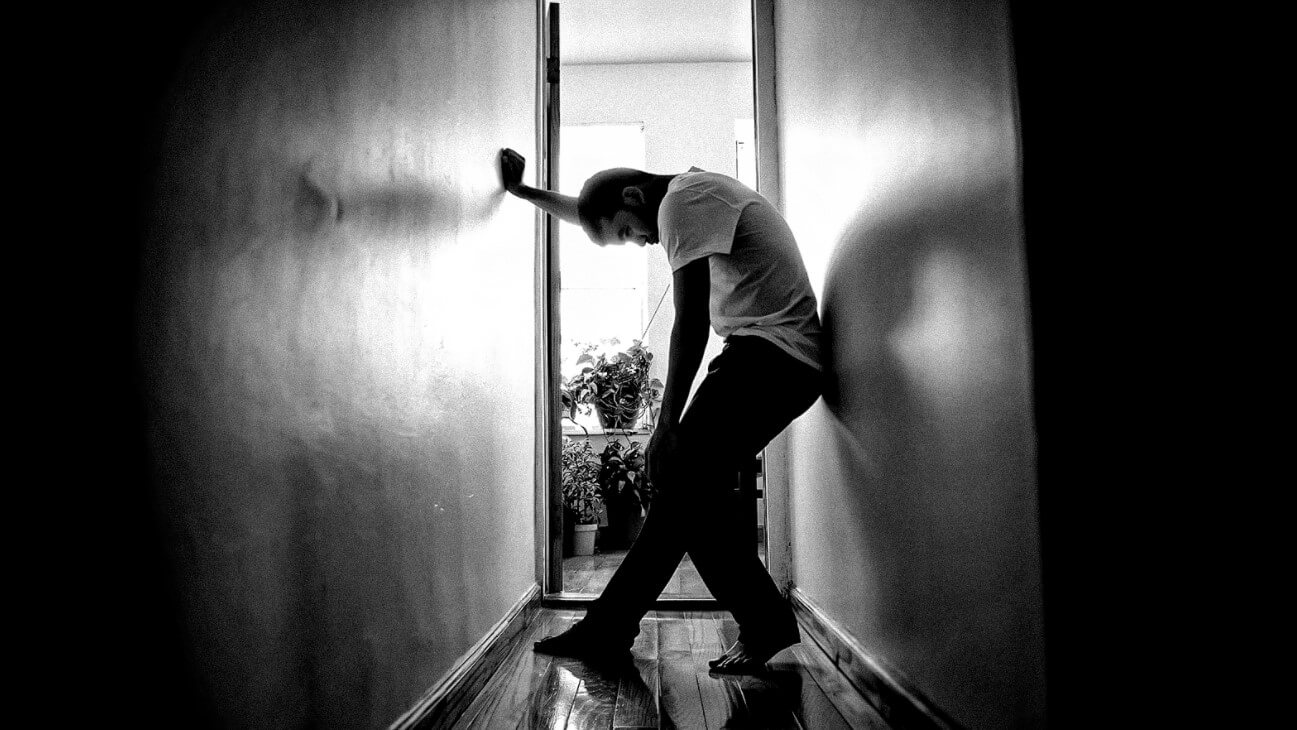Regret is a negative emotion that we’ve all experienced at some point in our lives. Something we wish we had said, a sinking feeling in our stomach after making a big purchase, a person that we wish we had asked out, and other mistakes that we feel we’ve made along the way. Sadly, many of us feel those first stings of regret as early as childhood and we continue to find things to regret about our life choices as time moves forward. This negative emotion comes in a lot of different shapes and sizes – and it can affect forex traders rather harshly.
When you’re trading, you obviously have the goal of making money and being successful. Sometimes, emotions come into the picture that makes you fear losing money and being left behind. To deal with that fear of losing money, you might back out of a trade sooner than you should have or convince yourself not to enter trades at all. However, it affects you; you wind up losing money because you’ll miss the shots you don’t take every time. Regret is like anxiety and fear in the ways that it controls traders and forces them to rethink everything they planned on doing. Even with a solid trading strategy and good past results, one bad move can introduce regret that will put the crippling fear of failure into your brain.
Let’s say that you just made a trading decision and you wound up losing some money. You based your decision to enter the trade off of solid evidence that was outlined by your trading plan, but things just didn’t go your way this time. Now, you start thinking of what you could have done differently. You think to yourself “Maybe I could have tightened my stop-loss” or “I knew that I shouldn’t have entered that trade in the first place”. You daydream about what could have happened if you had made a different decision.
In another scenario, you see a trade that you want to enter but negative thoughts start to creep into your head. You think to yourself “What if I lose money?” Even though there is evidence that supports entering the trade, you decide not to. Later, you see that you could have made money if you’d followed your instincts and you regret sitting out on the winning trade.
If either of these scenarios sounds familiar, you’re dealing with regret. But you need to know that there’s no point beating yourself up over what could have been and what you did wrong. Instead, you need to use regret to your advantage and allow it to give you that extra kick of motivation you need. Think of things this way: if you’re the trader that is avoiding trades because you don’t want to lose money, you’re likely losing more money on the trades you don’t take than you would if you took them. If you enter a trade that goes against you, you should evaluate what happened and figure out what went wrong. Don’t daydream about what could have happened, figure out if you made a mistake and learn from it instead.
If you learn to take control of emotions like regret, you’ll come out with a better trader for it. There’s no point sitting around thinking of what you’ve done wrong when you could learn from it and move on. Likewise, daydreaming about a trading move you wish you had made won’t put more money in your pocket. You’re probably going to feel regretful when you lose money, but you simply need to learn to let the emotion evoke a healthy response instead of letting it turn into fear and anxiety. In the end, you have to learn to keep regret from controlling your life. Rather than regretting things you can’t change, you can make better decisions in the future.

